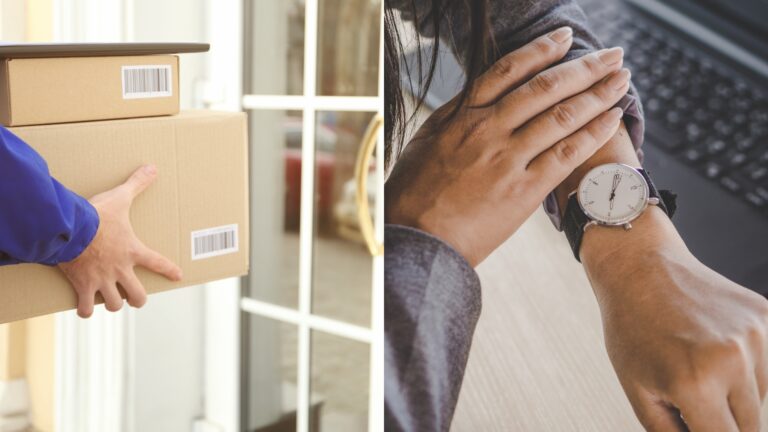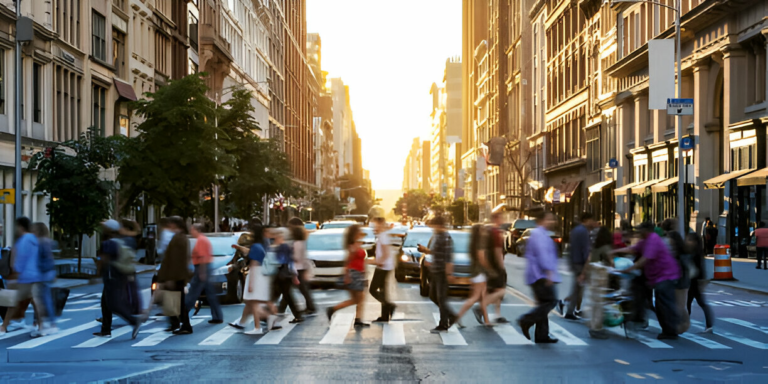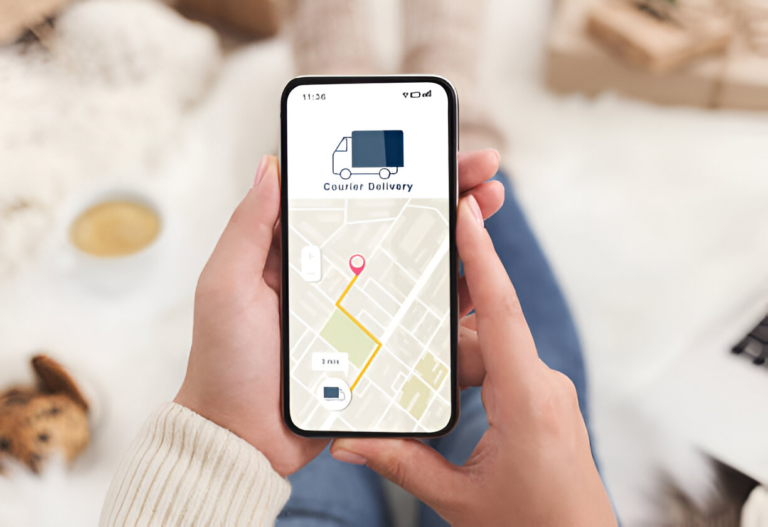It’s March 11, 2025, as I write this on a flight, gazing at clouds and wondering why life feels so rushed lately. Down below, everything moves fast. Forgot your toothpaste? It’s at your door in 10 minutes. Craving sushi at midnight? Same-day delivery brings it quick. Online shopping has turned “I want it now” into something we all expect. Companies like Amazon and DoorDash promise speedy service, and now we demand it—or we get cranky. But can this super-fast world keep going, or are we asking for too much?

It began with Amazon’s two-day shipping—a cool idea back then. Then it switched to one-day, same-day, and now 10-minute delivery trials in places like New York and Mumbai. Drones and vans drop off groceries before you can finish a phone call. A 2024 survey said 68% of online shoppers want stuff in 24 hours—way up from five years ago. We used to wait without complaining. Now, if my coffee’s not here fast, I’m tapping my foot like it’s a big deal.
Experts say this speed changes us. Fast delivery makes us want things right away. When my package lands quick, I’m all smiles—like I just won something. But if it’s late by an hour, I’m annoyed, refreshing the tracking page like a fool. People in Mumbai rant online about “slow” deliveries that still beat old times. Are we impatient, or do we think we deserve everything instantly?

Fast delivery looks great, but it’s messy behind the scenes. Workers in warehouses hustle hard to keep up. In Mumbai, trucks clog streets; in New York, drones buzz everywhere—using tons of gas and hurting the planet. A 2025 study said same-day shipping makes 30% more pollution per package than regular shipping. Plus, it costs a lot—companies raise prices or pay drivers less. It feels awesome until you see the real price tag.
It gets tougher too. The quicker we get stuff, the more we expect. If my shirt isn’t here by noon, I’m let down. Stores that can’t match the speed lose out. It’s a never-ending race—nothing’s ever fast enough, and I’m tired just thinking about it.

I’ll admit it: I’m guilty. My snacks take 15 minutes instead of 10, and I’m grumbling—seriously, what’s taking so long? But who turned me into this? Companies push fast delivery to keep us hooked. They’ve made waiting feel like a punishment. In New York, they’ve got me trained to expect miracles; in Mumbai, it’s the same game. I hate how I get mad over tiny delays, but I still order again.
Some people are saying no, though. Brands in both cities are trying “slow shopping,” offering good stuff that takes longer—like, “Relax, it’ll get here.” In 2025, 20% of younger shoppers said they’d wait if it helps the earth. I respect that—I want to be patient too, but umm..you know, I still check my phone sometimes.
Fast delivery’s not going away—10-minute drop-offs are here for good. But can it last? Companies could get smart, using better routes to waste less in places like New Delhi and Madrid. We could try to chill out and not expect everything now. Or we could keep rushing until it all falls apart, and I’m stuck complaining on a flight like this one.
So, are we impatient and spoiled? Yeah, probably—I feel it myself, waiting for my next order mid-air. But companies helped make us this way, waving speed in our faces like it’s all that counts. The real trick isn’t getting stuff fast—it’s learning to want better without losing our cool. Right?
Regards,
Rupesh